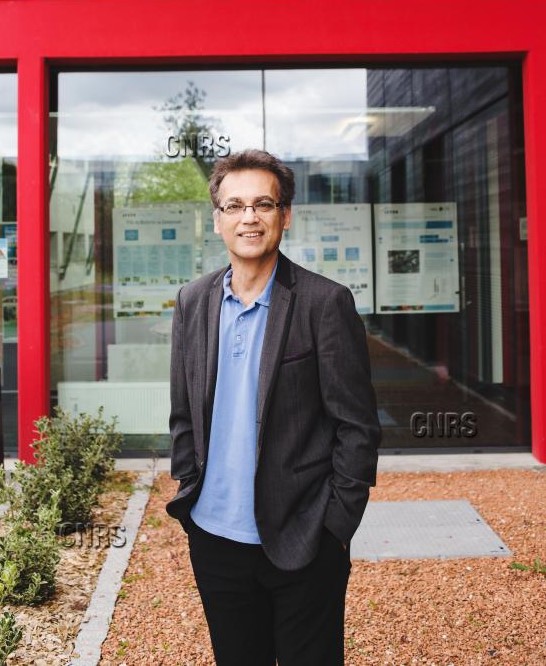Plenary Speech
Safety and Security Issues in Semi-autonomous Cyber-physical Systems: Reduced-crew Air Transport Case Study

Professor Ali Zolghadri,
Senior Member, IEEE
IMS-CNRS lab - A31 building, University of Bordeaux,
351 cours de la Libération, 33405 Talence cedex, France
E-mail: [email protected]
Abstract:
Cyber-Physical Systems (CPSs) are an emerging vision of co-designed hybrid networked cyber and physical engineered systems, expected to integrate smart functionalities (self-protection, self-adaption and recovery capabilities…) to support autonomy and resilience. Fig. 1. However, their Achilles heel is widely recognised to be its fragility, i.e. its vulnerability to adverse anomalous events such as physical faults and cyber intrusions that may result in catastrophic cascading scenarios. Fig. 1. Cyber Physical System. Today, the global picture of the state-of-the-art knowledge to deal with these fragility issues is highly fragmented with works exploring different but specific aspects of the problem. In this talk, first we will discuss some recent anomaly detection/mitigation and resilient control and reconfiguration strategies that can provide pathways to support risk management in semi-autonomous CPSs. Second, we discuss an important domain impacted by this disruptive technology which is future civil aviation operations. Presently, commercial flights are highly automated but they still require two pilots at all times with assigned roles. The next chapter features the advent of Single Pilot Operations (SPO), i.e. the single onboard pilot configuration with remote assistance from the ground (Fig. 2), and this is expected to form the basis of the tomorrow air transport. The feasibility of safe and globally harmonized implementation of SPO remains however an open question as this transition raises many issues around safety risks, public acceptance, regulatory changes and certification. The root problem is that the coordinated crew will no longer be available as a resource. Moreover, increasing communication between aircraft systems and ground operators is also a new source of vulnerability because of the potential for cybersecurity threats which could impair safety of flight, with potential disastrous effects. We discuss hybrid model-based/data-based functionalities needed to enable safe, secure semi-autonomous reduced-crew operations. For safety issues, the talk will focus on situations called "Loss of Control" (LoC) which are listed as the most frequent primary cause of fatal aircraft accidents. For security issues, the talk will focus on deception cyber threats that evade classical anomaly detectors (for example chi-2 test or Kalman filter) and usual IT security defense mechanisms.
Brief Biography of the Speaker: Ali Zolghadri received his PhD from the University of Bordeaux, France – and has been a Full Professor of Control Systems Engineering there since 2003. He is currently what is called an Exceptional Class University Professor in French academia. His research interests are centered around model-based design methods for reconfigurable control and fault management of dynamical systems. This includes observation and estimation issues, fault diagnosis and data fusion, and fault tolerant control. More recently, he investigates safety and security issues of cyber physical systems. He is a member of International TC “SafeProcess” and “Aerospace” of IFAC, an IEEE senior member and member of IEEE Aerospace and Electronic Systems and IEEE Circuits and Systems societies. He is TC member of EuroGNC (Concil of European Aerospace societies). He has served as IPC member for various international conferences, and has delivered a number of keynote/plenary talks and other invited talks at venues worldwide. He is an Associate Editor of the “Journal of the Franklin Institute” (USA) and Editorial Board member of “Aerospace Science and Engineering”, MDPI (Switzerland). He had also served as member of steering comity of France’s aerospace valley for several years. He is author / co-author of more than 220 publications in international journals and refereed conferences (scopus h-idex = 31), and co-holder of 15 patents in aerospace. In 2021, he has been named in the world's top 2% scientists. He is the recipient of CNRS Medal of Innovation 2016 which rewards, all disciplines taken together, “outstanding scientific research with innovative applications in the technological and societal fields”.
